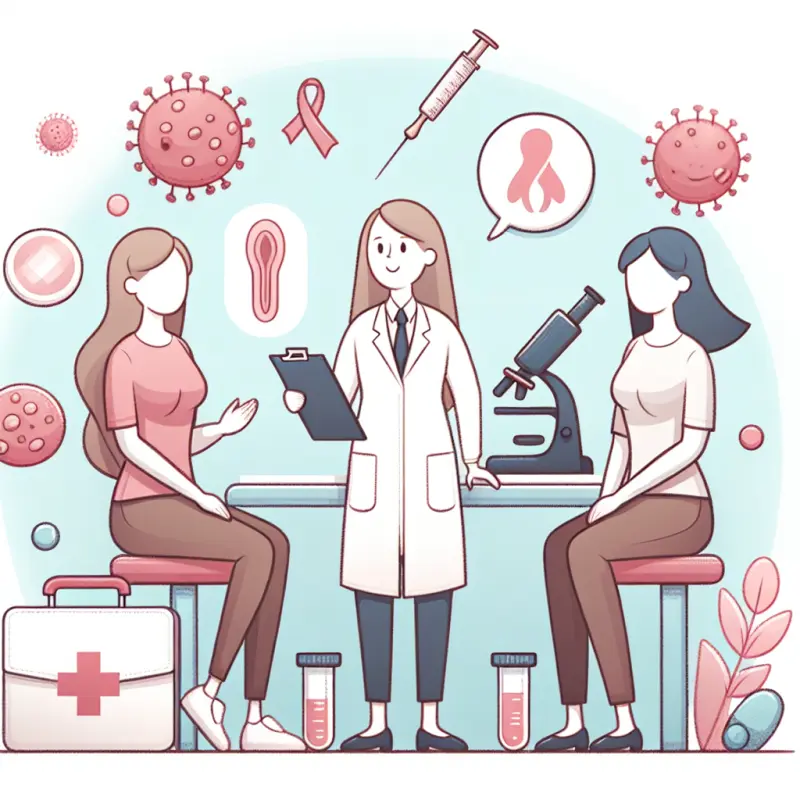Chlamydia: Symptoms, Diagnosis, Treatment, and Prevention

Description
Chlamydia is one of the most common sexually transmitted infections (STIs) worldwide. It is caused by the bacterium Chlamydia trachomatis and affects both men and women. Chlamydia is often called a "silent" infection because most people who have it do not experience symptoms. However, if left untreated, it can lead to serious health problems, including infertility, pelvic inflammatory disease (PID), and increased risk of contracting other STIs, including HIV.
Chlamydia is transmitted through vaginal, anal, or oral sex with an infected partner. It can also be passed from an infected mother to her baby during childbirth, potentially causing eye infections or pneumonia in newborns. Because of its prevalence and potential complications, regular screening and early treatment are crucial.
Symptoms
Most people with chlamydia do not notice any symptoms, which is why regular testing is important. When symptoms do occur, they may appear within 1 to 3 weeks after exposure. Symptoms can vary between men and women.
In Women
- Abnormal vaginal discharge
- Burning sensation during urination
- Pain during intercourse
- Lower abdominal pain
- Bleeding between periods or after sex
In Men
- Discharge from the penis (white, cloudy, or watery)
- Burning sensation during urination
- Pain and swelling in one or both testicles (less common)
In Both Genders (Rectal Infection)
- Rectal pain
- Discharge
- Bleeding
Because symptoms can be mild or mistaken for other conditions, many people do not realize they are infected.
How to Know if You Have It
The only way to know for sure if you have chlamydia is to get tested. Testing is simple and usually involves a urine sample or a swab from the affected area (cervix, urethra, throat, or rectum). Testing is recommended for:
- Sexually active women under 25
- Women 25 and older with new or multiple sex partners
- Men who have sex with men
- Pregnant women
- Anyone with symptoms or a partner diagnosed with an STI
If you think you may have been exposed to chlamydia, avoid sexual contact and see a healthcare provider for testing as soon as possible. Early detection is key to preventing complications and spreading the infection to others.
Treatment
Chlamydia is easily treated with antibiotics. The most common treatment is a single dose of azithromycin or a week-long course of doxycycline. It is important to:
- Take all medication as prescribed, even if symptoms go away
- Abstain from sexual activity for 7 days after treatment
- Inform all recent sexual partners so they can be tested and treated
- Get retested after 3 months to ensure the infection is gone
Untreated chlamydia can cause serious health issues, including:
- Pelvic inflammatory disease (PID) in women
- Infertility in both men and women
- Increased risk of ectopic pregnancy
- Chronic pelvic pain
- Epididymitis in men (inflammation of the tube that carries sperm)
Conclusion
Chlamydia is a common and often silent STI that can have serious health consequences if left untreated. Regular screening, safe sex practices, and prompt treatment are essential for protecting your health and the health of your partners. If you are sexually active, talk to your healthcare provider about regular STI testing and always use protection to reduce your risk. Early detection and treatment are the best ways to prevent complications and stop the spread of chlamydia.